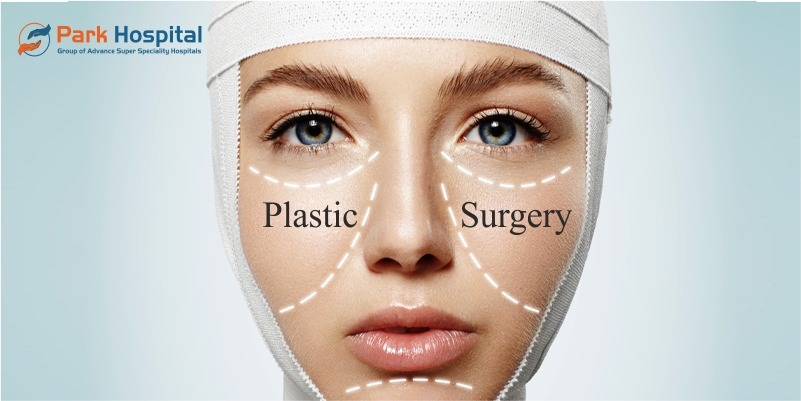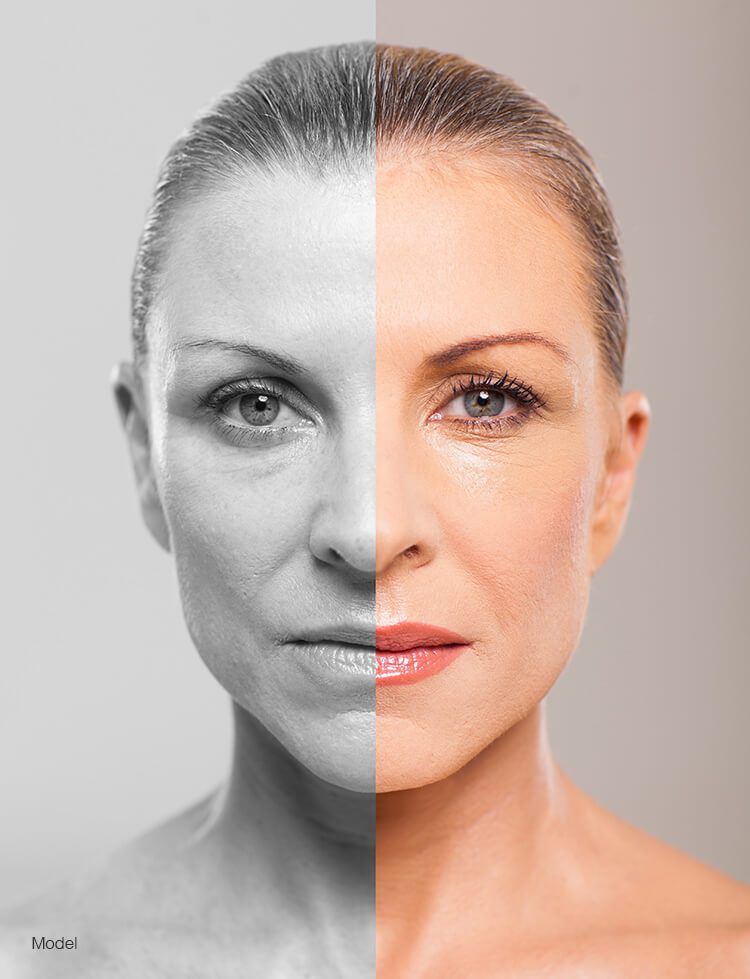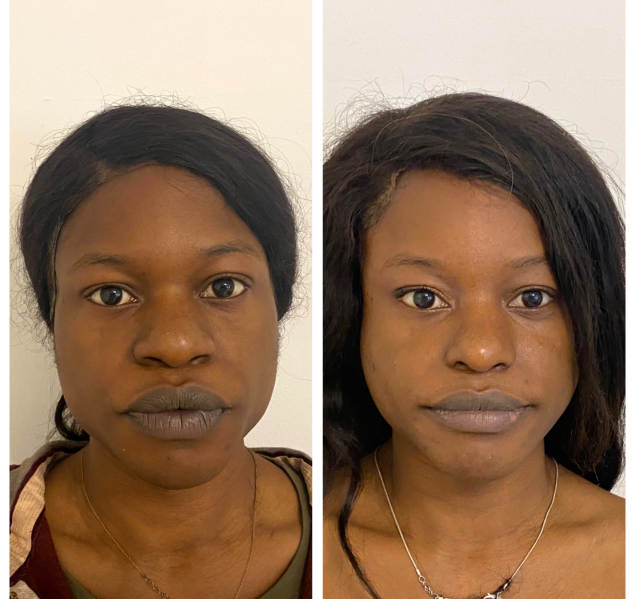Facelift Rancho Cucamonga: Smooth Wrinkles and Tighten Skin for a Younger Appearance
Facelift Rancho Cucamonga: Smooth Wrinkles and Tighten Skin for a Younger Appearance
Blog Article
Examining the Mental and Social Factors That Drive Individuals to Take Into Consideration Aesthetic Surgery as a Method of Improvement
The decision to seek cosmetic surgical procedure usually expands beyond mere visual appeals, intertwining with social and psychological dynamics that warrant extensive evaluation. Factors such as self-esteem, pervasive societal elegance requirements, and the pervasive impact of social media merge to shape specific inspirations for surgical improvement.
The Duty of Self-Esteem
Self-confidence dramatically affects a person's decision to pursue plastic surgery. People with reduced self-confidence frequently perceive themselves in a negative light, bring about sensations of insufficiency regarding their physical appearance. This negative self-perception can drive them to seek surgical treatments as an approach of enhancing their self-image. The wish for renovation in one's look is often linked to an idea that such modifications will raise their total self-regard and confidence.

Inevitably, the function of self-esteem in the decision-making process regarding plastic surgery highlights the complex interplay between body image, personal fulfillment, and mental health. Comprehending this connection is important for healthcare experts to make sure that people are making educated choices rooted in realistic expectations and psychological well-being.
Societal Elegance Requirements
Influenced by prevalent media portrayals and social stories, social elegance criteria play a crucial role fit individuals' perceptions of their very own bodies. These standards are usually identified by an idealized type of charm that highlights attributes such as balance, slimness, and youthfulness. As these suitables are continued with various networks, including television, film, and marketing, people frequently internalize these messages, leading to discontentment with their natural look.
The ramifications of these social norms extend beyond visual preferences; they can influence self-confidence, psychological health, and social relationships. People who perceive themselves as disappointing these criteria may experience feelings of insufficiency, motivating a wish for plastic surgery as a way of accomplishing social approval. This quest is frequently sustained by the belief that adapting these perfects will improve not just physical look but additionally social standing and personal gratification.

Impact of Social Media
The influence of social elegance requirements is more enhanced by the surge of social networks platforms, where curated images and idealized representations of appeal are ubiquitous. Users are continuously revealed to filteringed system and edited photographs, which frequently illustrate unattainable physical features. This exposure grows a culture of contrast, leading people to analyze their very own look against these frequently impractical benchmarks.
Social media influencers and celebrities regularly promote cosmetic procedures, normalizing the notion that medical improvements are a feasible ways for attaining social perfects (plastic surgery rancho cucamonga). The presence of these improvements can develop an assumption that undergoing plastic surgery is a typical practice, thereby influencing people to take into consideration comparable treatments as a path to improved self-confidence and social acceptance
Furthermore, the interactive nature of social networks allows for immediate responses via sort and comments, even more reinforcing the desire to conform to preferred elegance criteria. Such communications can intensify sensations of inadequacy and drive people towards cosmetic surgery as a way of acquiring validation. Ultimately, social media plays a pivotal duty in shaping understandings of charm, which considerably impacts the decision-making procedures bordering plastic surgery.

Cultural Perspectives on Appearance
Across various societies, understandings of look are deeply rooted in historic, social, and financial contexts, shaping people' views on charm and value. In numerous societies, appearance functions as a significant pen of identification, influencing social standing, specialist chances, and individual connections. For instance, in some societies, light skin is usually associated with wide range and opportunity, while others may glorify darker complexion as signs of stamina and credibility.
Additionally, conventional charm criteria are commonly continued via social narratives, media depictions, and family affects, causing varying suitables across different regions (plastic surgery rancho cucamonga). In Western societies, the emphasis on young people and fitness usually drives individuals towards cosmetic enhancement, click here now while in certain Eastern cultures, more refined adjustments lined up with traditional visual appeals might be favored
Globalization and the expansion of electronic media have better made complex these characteristics, developing a hybridization of beauty ideals that goes beyond geographical boundaries. As people significantly navigate these social narratives, the pressure to comply with specific look standards can cause the desire for cosmetic surgery, reflecting a complicated interaction of personal ambitions and social values. Understanding these cultural perspectives is vital in addressing the motivations behind cosmetic surgical treatment considerations.
Psychological Effects of Plastic Surgery
Many people seeking plastic surgery report experiencing extensive emotional effects that can dramatically modify their self-perception and psychological wellness - plastic surgery rancho cucamonga. The need for physical enhancement typically comes from underlying issues such as low self-confidence, body dysmorphic condition, or societal stress relating to appeal requirements. For some, the immediate post-operative stage can bring about a short-lived increase in confidence and complete satisfaction with their appearance, fostering a sense of empowerment
However, these favorable feelings might not be enduring. Research shows that while some patients experience enhanced self-worth, others might encounter increased anxiety or clinical depression if their expectations are not met. This disparity can develop from unrealistic perfects continued by media representation and social narratives bordering beauty.
Furthermore, the emotional ramifications of cosmetic surgery extend beyond the individual. Relationships with friends and family might be stressed as social characteristics shift, causing sensations of isolation or alienation. Eventually, the psychological effects of cosmetic surgical procedure are complex and complex, needing cautious consideration by both prospective individuals and health care carriers to ensure educated decision-making and realistic assumptions.
Conclusion
In verdict, the choice to pursue plastic surgery is dramatically influenced by a mix of self-worth problems, social elegance criteria, and cultural perspectives on Recommended Reading look. The pervasive reach of social media sites better exacerbates these stress, advertising unrealistic perfects that people commonly make every effort to obtain. Recognizing these social and mental factors is important for addressing the inspirations behind cosmetic surgical procedure, highlighting the need for a much more nuanced discussion bordering beauty and self-acceptance in modern culture.
The choice to seek cosmetic surgery often extends beyond mere looks, intertwining with psychological and social characteristics that warrant comprehensive examination. Inevitably, social media plays an essential duty in shaping assumptions of beauty, which substantially impacts the decision-making procedures surrounding cosmetic surgery.
As individuals progressively navigate these social stories, the stress to adapt to certain appearance standards can lead to the wish read for cosmetic surgical procedure, mirroring a complicated interplay of personal aspirations and cultural values.In final thought, the choice to go after cosmetic surgical treatment is considerably influenced by a combination of self-confidence problems, societal elegance standards, and cultural point of views on appearance. Understanding these emotional and social elements is essential for addressing the inspirations behind cosmetic surgical procedure, highlighting the need for an extra nuanced discussion surrounding elegance and self-acceptance in modern culture.
Report this page